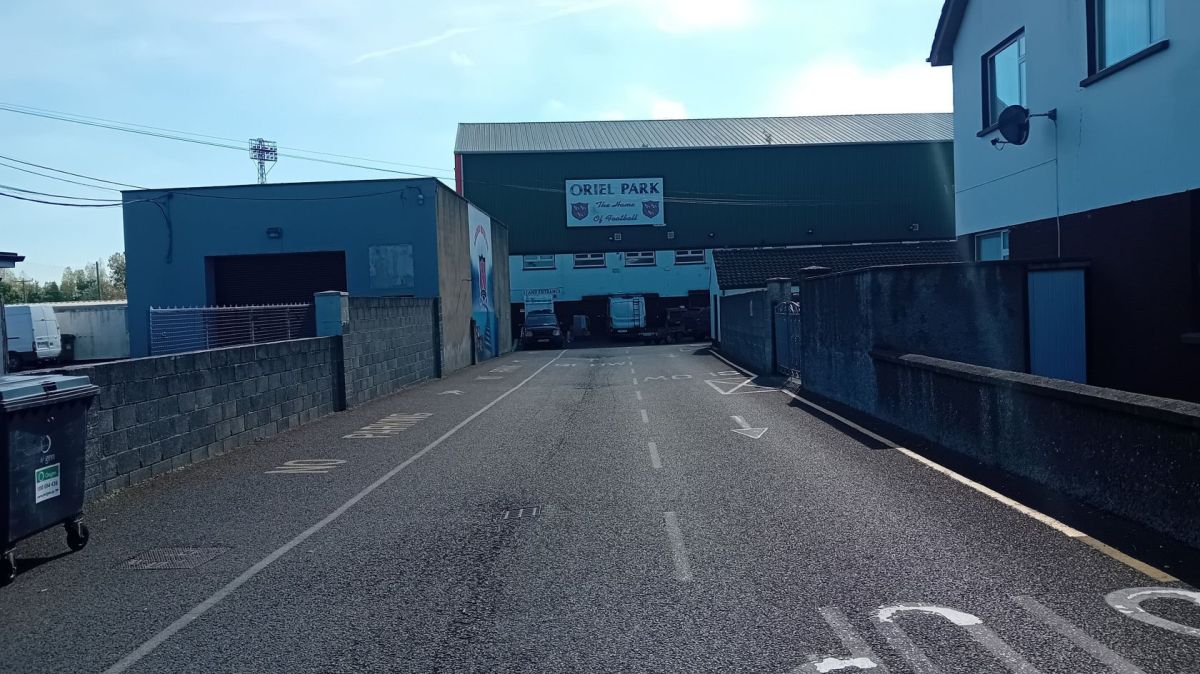Part of the economics minister's strategy to improve low productivity is the £46 million initiative. The comparatively low pace of investment in Northern Ireland is one factor contributing to its productivity issues.
Up to 35% of the cost of new equipment might be covered by the new grants program, which attempts to promote investment.
Over the following four years, it should enable the private sector to invest about £300 million. Run by Invest NI, an institution for economic development, is the programme.
"The goal of this new initiative is to improve the overall competitiveness of Northern Ireland's agri-food and drink processing sector," stated Kieran Donoghue, the company's chief executive. In order to do this, we are especially looking for creative initiatives that show how they can raise the company's productivity and sustainability."
The amount of economic production produced by each job or hour of work is measured as productivity. Raising production is ultimately necessary to raise living standards throughout time.
Northern Ireland has consistently been the UK's least productive region since the financial crisis of the late 2000s, while the UK as a whole has had poor productivity growth.
Workers' skills, investments in the equipment they require to operate, such as manufacturing machinery, and acceptance of new technologies, are the main factors that determine productivity.
The announcement was hailed by the Ulster Farmers' Union.
According to President William Irvine, the grants will "strengthen and further develop our local supply chain helping to ensure a bright and sustainable future benefiting our consumers and everyone involved in the industry" and "put Northern Ireland on a more level footing" with rivals in Britain and the Republic of Ireland.















